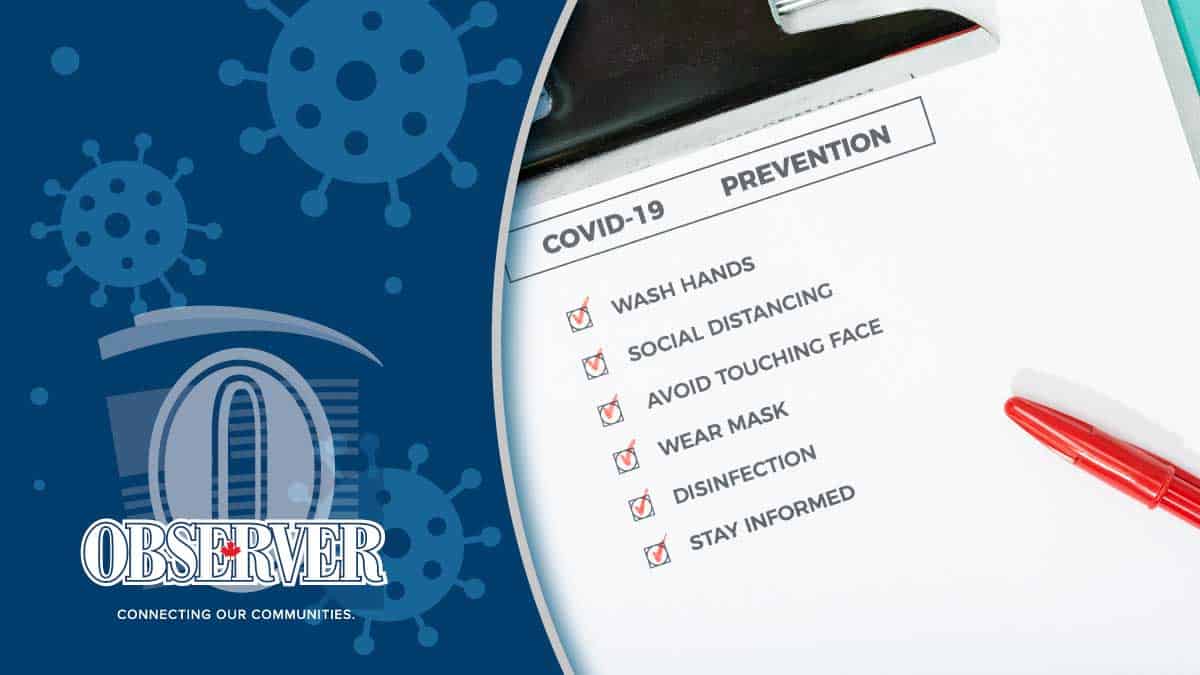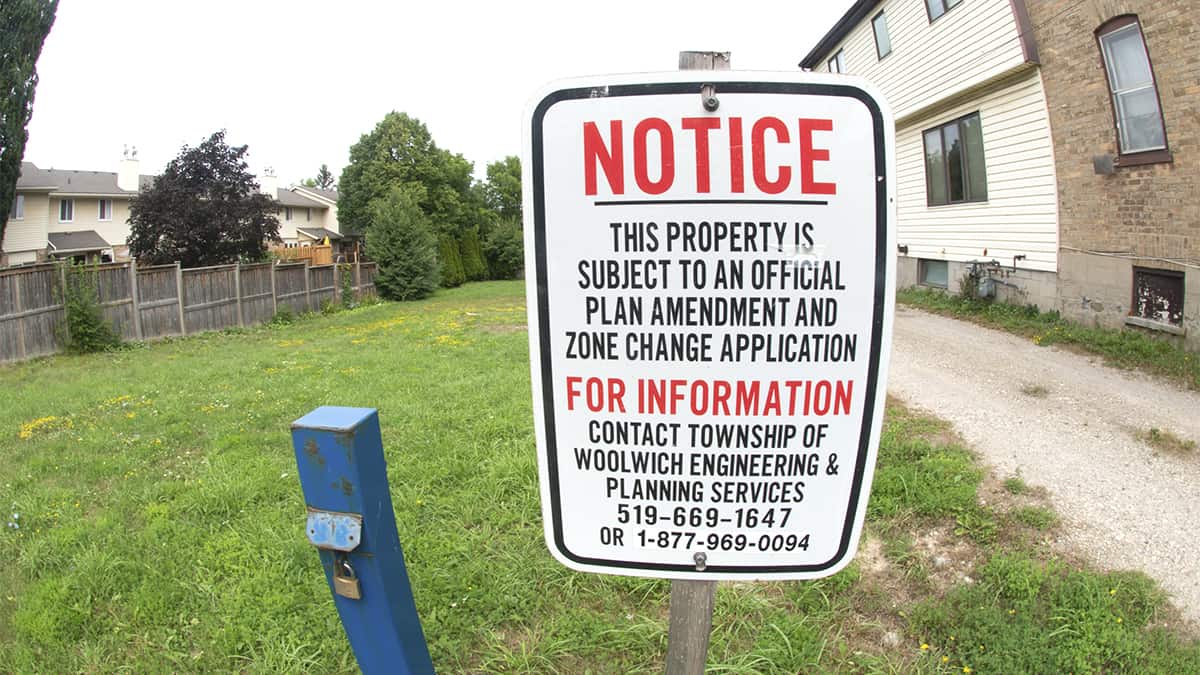While the back-to-school protocol is still evolving, most students in the Waterloo Region public system appear ready to return in person.
As of last week, Waterloo Region District School Board numbers indicate 83 per cent of elementary students and 89 per cent of high schoolers intend to return when classes resume September 8.
Students have been out of the classroom since mid-March due to the COVID-19 pandemic, forcing parents to make alternative arrangements. Now, despite uncertainties, many of those parents can no longer accommodate options such as remote learning from home. Work schedules mean many of them have no choice but to send their children back to school and hope for the best.
WRDSB schools will be following new safety guidelines, with officials directing parents to prepatory materials in a document released earlier this month, ‘Caregivers Guide to Setting the Stage to Return to School.’
“It’s meant to support students and families in re-entering the school year and managing the stresses and anxiety that may come with some changes that will be experienced in this coming year,” explained board spokesperson Alana Russell.
Developed by the psychological services department, the document echoes ideas expressed by parents. It also draws from psychologist Deborah MacNamara’s YouTube video released in May called ‘Leading Our Kids Back to School.’
A section of the guide lays out the importance of ‘calm language.’ The breakdown encourages parents to rethink their usage of ‘safety language.’
“Humans have a built-in alarm system that alerts them to possible harm or danger. This warning system helps people know when to take action to reduce harm or get to safety. However, sometimes the alarm system gets switched on when it is not needed or when it is actually unhelpful. The words or phrases we use can help to keep the alarm quiet or at least turned down. However, the opposite is also true: they can turn on the alarm. Adults feel very responsible for children’s safety, but sometimes that leads them to use words that may make children nervous. They may also remind children about safety more often than is needed,” the guide advises.
The document also includes a five-step plan to reduce school return-related anxiety. The plan suggests: identifying the goals for returning to school, accepting the child’s feelings, and teaching the child different coping strategies and making a step-by-step plan to reach the goal and, lastly, using the various coping methods discussed to work the child through each step. The idea is easier said than done and will require practice and patience; however, there is not much time until returning to the classroom.
The next section of the guide is helping children manage their feelings.
“The onset of a new school year can trigger many different emotions: worry, anger, sadness, excitement. Children will need time, space, guidance and support to recognize, identify and manage their feelings. Back-to-school nerves are common. Nervousness comes with new opportunities and new adventures. If children are feeling nervous it is likely because they are facing new and unpredictable challenges,” the guide explains.
Lastly, the document gives a significant focus on practice.
“Throughout our lives, we have often heard the saying ‘practice makes perfect.’ This is also true of learning coping strategies and learning to handle our difficult emotions. This section shares different ideas or situations where coping strategies can be practiced and lead to overcoming school avoidance. Practice relaxation strategies and positive thoughts.”
It is also suggested that parents help their child practice leaving the house, being apart from their family, and taking a trip to school.
Now that the WDRSB has made wearing masks mandatory for all ages, parents need to give their child time to get used to the adjustment, said Russell.
“Originally, the ministry had indicated that masks would be mandatory for grades 4 and up. But our trustees last week made the decision at the board table to have them be required for all grades unless they have an exemption,” she said.









